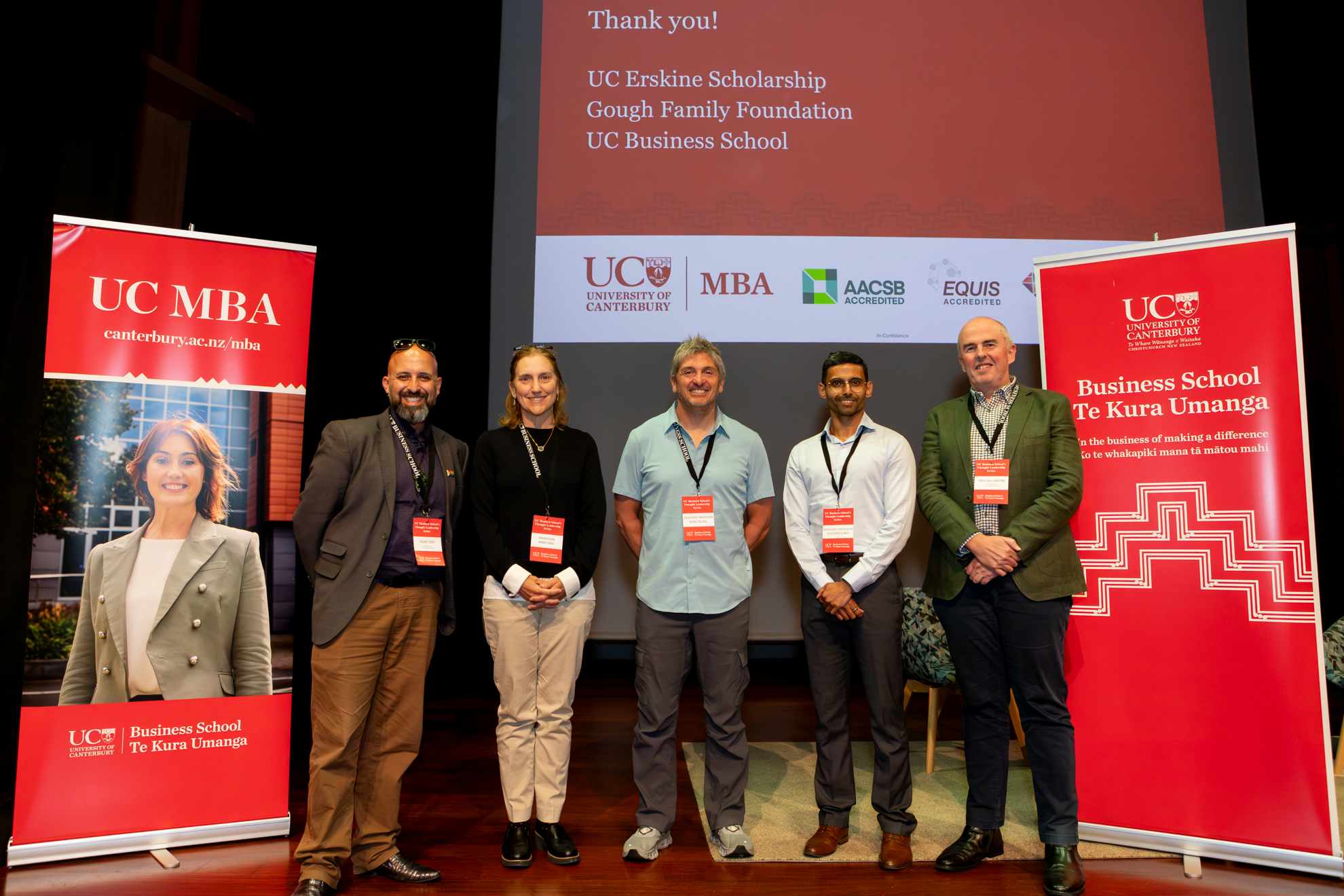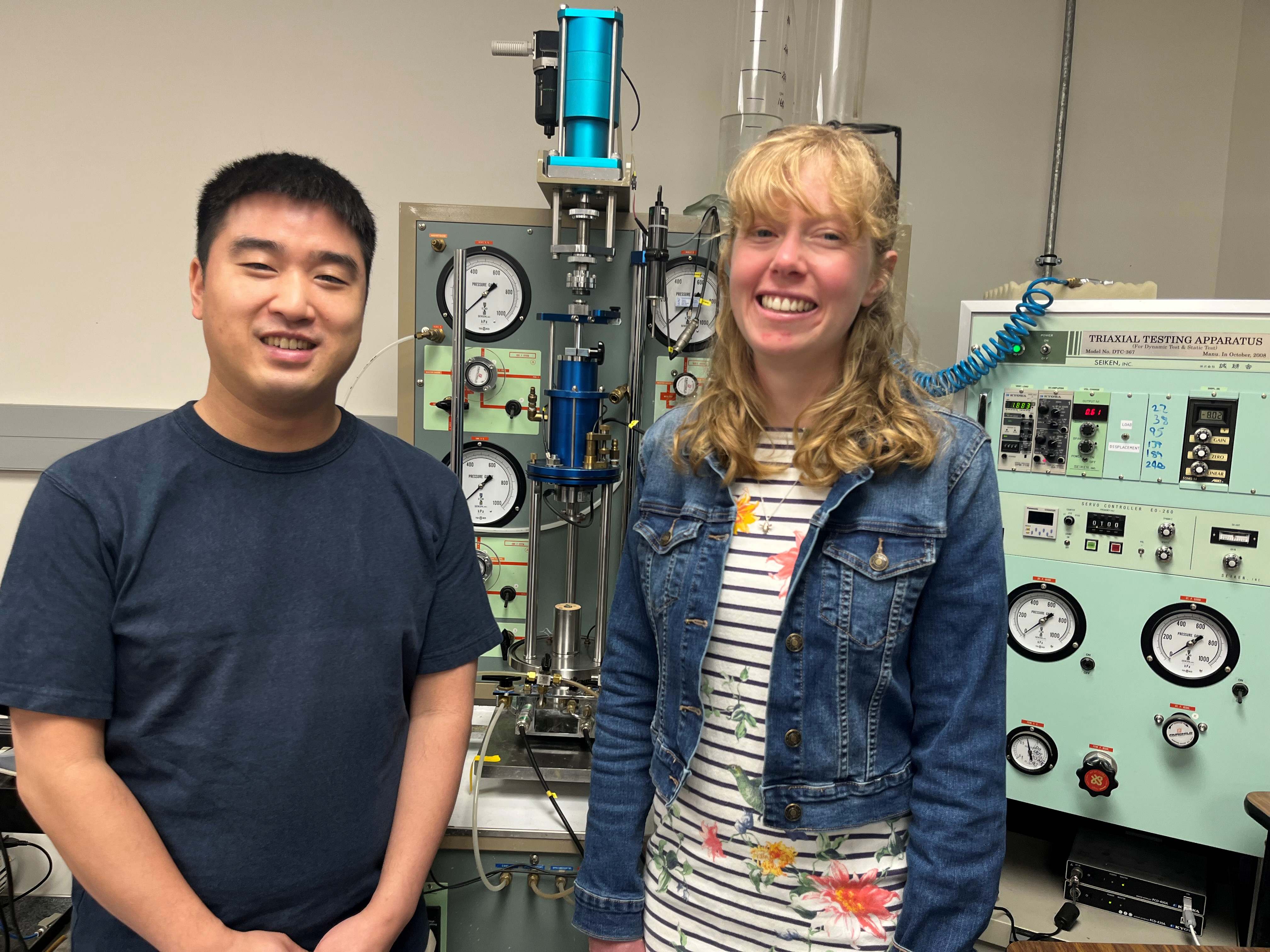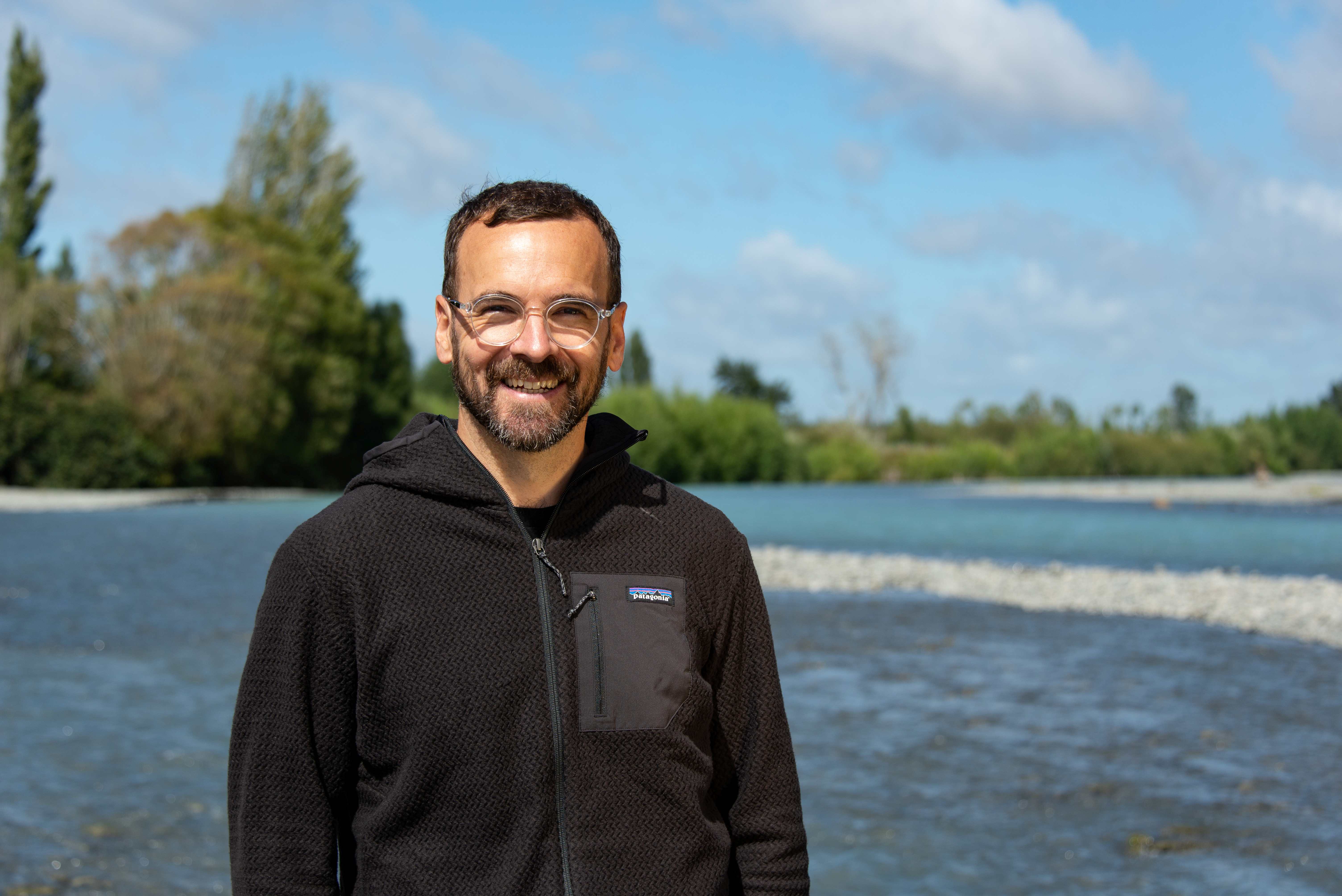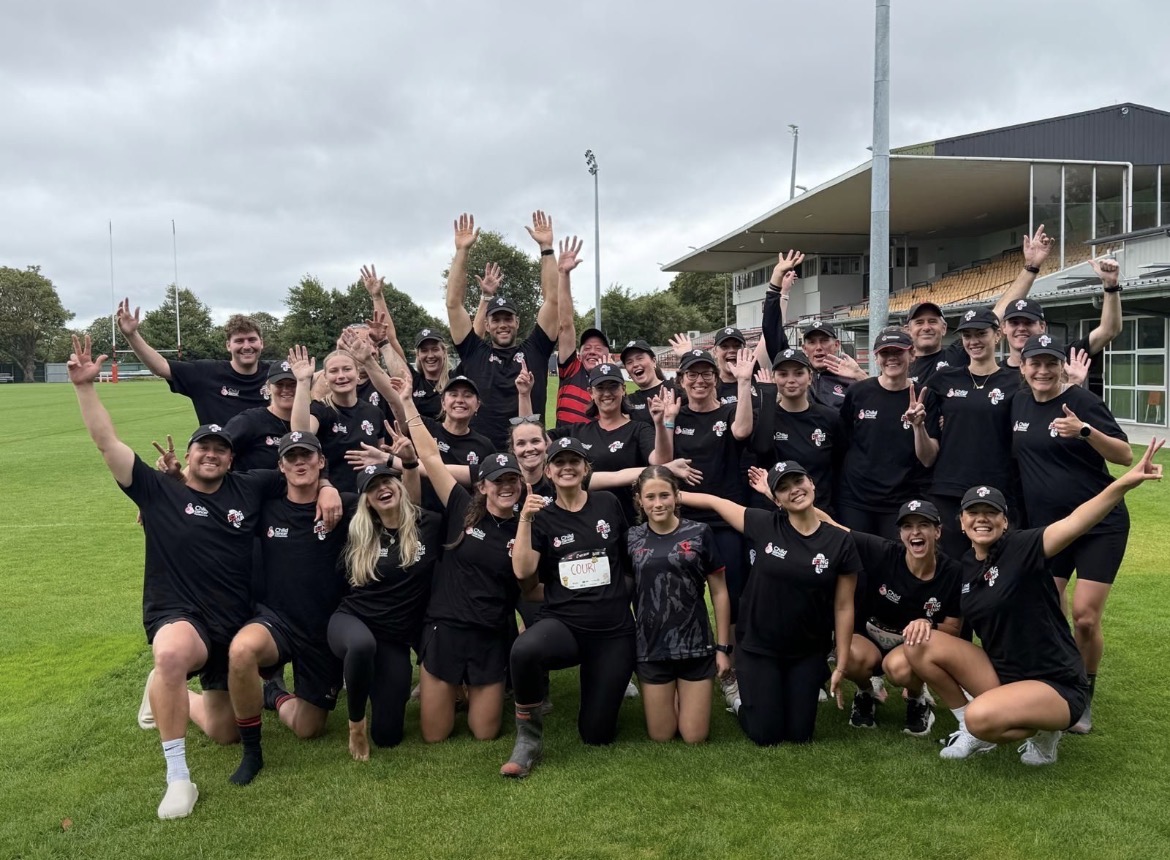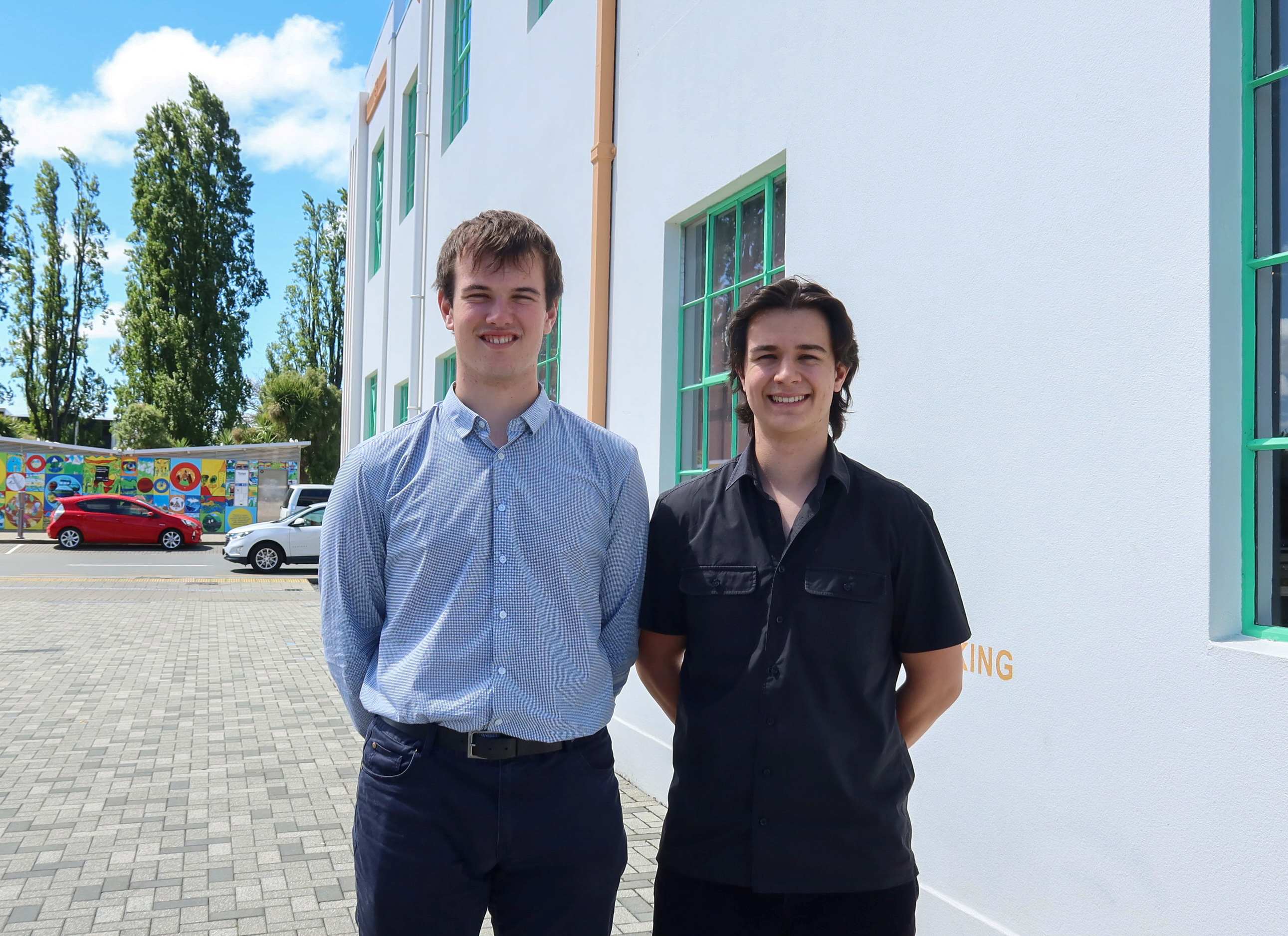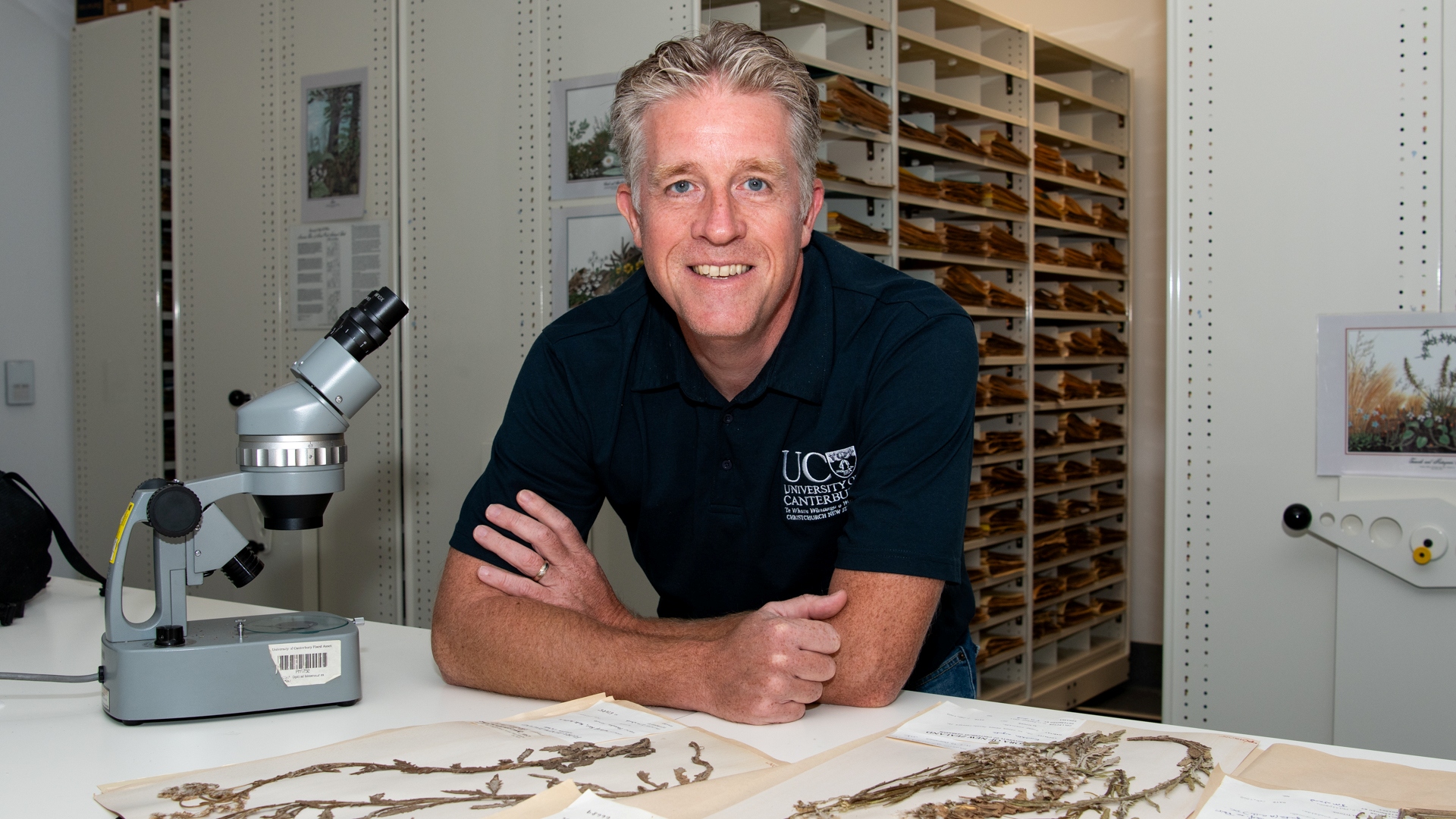Professor Aaron Marshall, of Te Whare Wānanga o Waitaha | University of Canterbury (UC) and the MacDiarmid Institute, has been awarded the Pickering Medal for his research in electrochemistry and for successfully commercialising technologies that advance sustainability on a global scale.
The medal recognises innovation and excellence in technology that has achieved significant national and international impact, and commercial success. The Royal Society says Professor Marshall’s work exemplifies this through his groundbreaking use of electrochemistry, which harnesses electricity to drive chemical reactions, to develop cleaner, more efficient industrial processes and circular energy systems.
Professor Marshall was initially focused on fundamental science, but he soon realised its potential to generate tangible commercial outcomes. “Some of the breakthroughs came from simple ideas that others overlooked; moments when obvious insights turned out to be game changers, but even good ideas don’t matter unless markets value them, so resilience and adaptability are key,” he says.
His research has led to the creation of two spin-out companies, each now valued in the tens of millions of dollars: Zincovery and Ternary.
Zincovery produces the world’s first low-carbon, ultra-high-purity zinc, recycled from steel-industry waste. When steel is recycled, the zinc is vapourised off and collected as dust and zinc is extracted from this dust.
“For Zincovery, the spark was realising that the zinc locked in steel-making waste could be recovered if I could solve the zinc–iron separation problem. By treating it as a thermodynamic puzzle rather than trial and error, I found a new pathway,” Professor Marshall says.
The company’s process emits 95% less emissions and costs 45% less to operate than traditional methods, while turning a toxic waste by-product into a valuable resource. The company is now building a facility in New Zealand to scale up production and has already secured buyers for the ultra-high purity zinc.
Ternary, Professor Marshall’s second venture, aims to solve one of the biggest challenges in the renewable energy transition: storing and transporting energy efficiently. “Our key discovery is that we can use a liquid to carry energy, using the same systems we already have for diesel,” Professor Marshall says. “Importantly, the entire system is emission free. It’s super exciting that this technology was developed here in New Zealand – there’s a massive global opportunity.”
Matt Hobbs, Senior Commercialisation Advisor at UC, says Marshall’s “fail fast” approach to solving industry problems has inspired a generation of students and helped create a thriving innovation ecosystem on campus. Hobbs says, “Aaron’s work shows our students that world-changing research can start right here. The knock-on effect for the University, and for New Zealand’s economy, is profound.”
“With a vision for a zero-emission, circular economy, Professor Marshall’s work is reshaping how materials and energy are produced and used and is proving that world-leading innovation can thrive in Aotearoa.”




